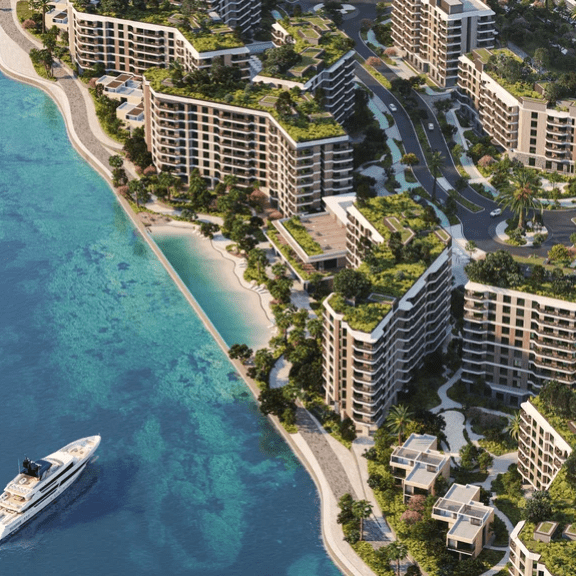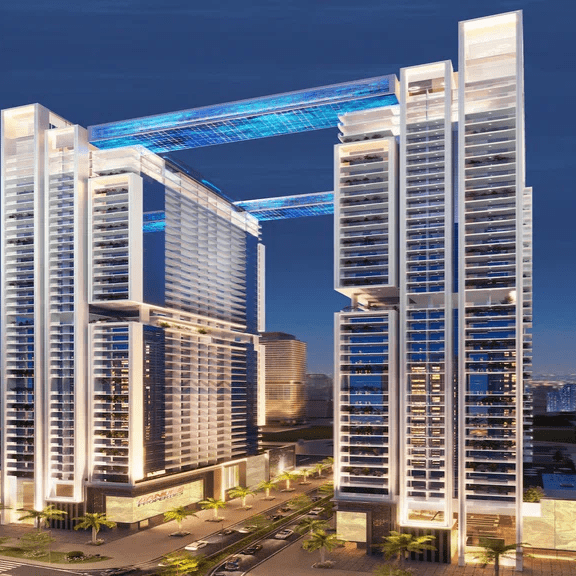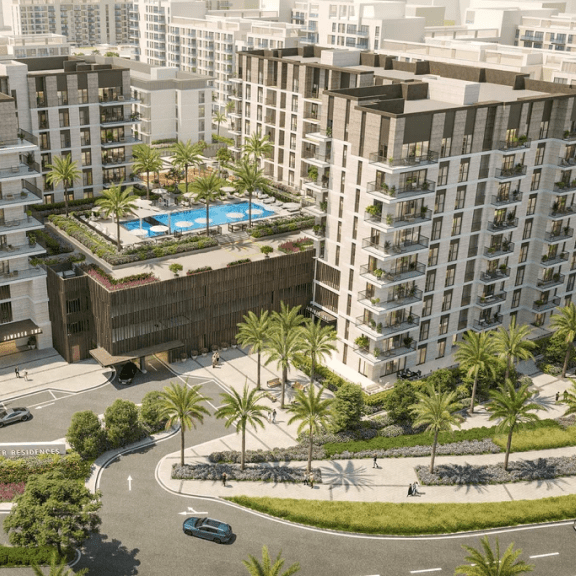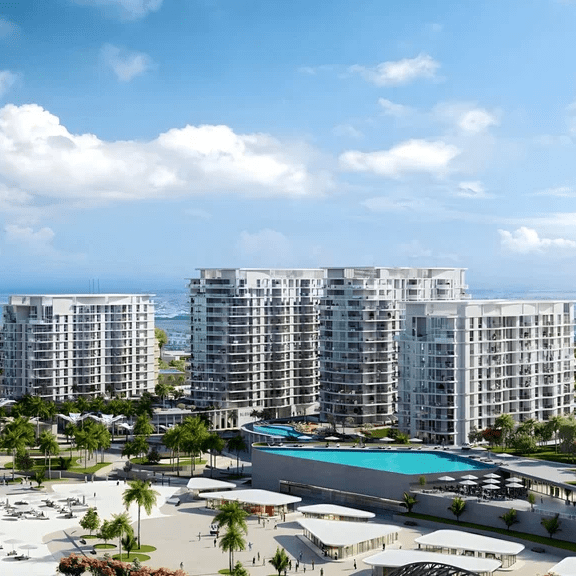Accommodation, Transportation, Education: How Much It Costs to Live in Abu Dhabi
Despite Dubai’s popularity, not everyone who is planning to move to the UAE intends to pick that emirate. There are several categories of expatriates who would be more interested in Abu Dhabi. Here is what you need to know about the cost of living the country’s capital city and why foreigners prefer to move there.
A Peaceful, Clean, and Safe Place
Compared to noisy, bright, and rapidly growing Dubai, Abu Dhabi still looks and feels like a great place for a peaceful and comfortable, though slightly less action-packed, life. While Dubai is awake practically 24/7, Abu Dhabi wakes up at 8 a.m. and almost everywhere is closed by 9 p.m.
According to those who have lived in both emirates, Abu Dhabi wins in terms of cleanliness and safety. The Dubai authorities pride themselves on their achievements in those areas but they care about them even more in Abu Dhabi. Many residents also mention that the endless snow-white sandy beaches in Abu Dhabi are just not to be compared with beaches in Dubai. Dubai also has nice and comfortable beaches but they are just not as impressive.
Photo by wirestock (Freepik)
We should also note that Abu Dhabi has a lot fewer tourists. According to official data, Dubai welcomed over 14 million people in 2022, while Abu Dhabi had just over four million visitors. There are almost 600 hotels in Dubai and more than 9000 listings on Booking.com ready to accommodate guests. There are only 163 hotels in Abu Dhabi and 313 other accommodation options.
Moving to Abu Dhabi is often the choice of people with kids, and those who value cleanliness and safety. 95% of UAE’s total oil reserves are located in Abu Dhabi, as well as the headquarters of oil producing companies, so professionals in this industry are in high demand in the emirate. They are also happy to welcome banking specialists and experienced medics here: their pay is higher in Abu Dhabi than in Dubai and their employers often pay for their accommodation.
Photo by Zalfa Imani (Unsplash)
Leisure and Entertainment
Abu Dhabi’s peaceful lifestyle does not mean that there are no places to go or to see. The main local sight is the Sheikh Zayed Grand Mosque, the largest in the UAE and the 8th largest in the world. Italian marble and semiprecious stones were used in its construction, including lazurite, amethyst, quartz, agate, natural pearls, as well as 24-karat gold. The largest carpet in the world is also here, weighing 47 tonnes and with a surface area of 5627 square metres.
As for other sightseeing possibilities, Abu Dhabi has:
- The Louvre Abu Dhabi with its 12 galleries for permanent and temporary exhibitions that display famous paintings from the Paris Louvre and other international museums,
- The National Theatre stages shows and holds exhibitions, art-themed lectures and conferences,
- The Yas Marina Circuit, which hosts Formula 1,
- The Wadi Adventure water park with special zones for rafting and kayaking,
- The Warner Bros. World theme park for fans of the company’s superhero comic books and films,
- The SeaWorld aquarium, home to 68,000 sea animals,
- The largest zoo in the Middle East, the Al-Ain Zoo,
- The Ferrari World theme park,
- The Umm Al Emarat city park, where you can visit a camel farm, a botanical garden, and a mini zoo,
- An observation deck at 300 metres above sea on the 74th floor of the Conrad Abu Dhabi hotel,
- The Mangrove National Park with pink flamingos and reef egrets.
Buying and Renting Accommodation
Now, let’s take a look at how much it costs to live in the Middle East’s safest and cleanest city.
Those looking for the cheapest accommodation options can rent a 40-square-metre studio with a fully-equipped kitchen (the rest of the studio is unfurnished) in Khalifa City: not very close to the city centre and about a half-hour drive away from the sea.
Cost: 14,000 AED ($3812) per year.
Those looking to purchase affordable studios in Abu Dhabi should consider the Hydra Avenue Towers built on Al Reem island.
For 27,000 AED ($7352) per year, you can rent a spacious 56-square-metre studio at the Al Nahyan Camp. The district is located in the city centre and is just a 20-minute walk away from the beach. This studio also comes with a fully-equipped kitchen but no other furniture.
A 50-square-metre studio in the Al Maha Tower, close to the city centre, is for sale for 540,000 AED ($147,000).
A 74-square-metre one-bedroom flat located a 25-minute walk away from the sea would cost you 43,000 AED ($11,700) per year. This rent would get you a fully-equipped kitchen but for an extra 7,000 AED per year, you can get a fully furnished flat.
If you are looking to purchase a similar flat in the centre of Abu Dhabi or on one of the islands, you would pay between 450,000 and 1,000,000 AED ($122,500 to $272,000).
New buildings in the UAE
A 94-square-metre apartment with three bedrooms, a living room, laundry room, and a balcony facing a private garden, located a few minutes away from the Al Khubairat British school and a golf course would cost you 65,000 AED ($17,700) per year. Here, a leaseholder can get a spacious furnished kitchen with built-in cabinets but things like sofas, beds and appliances like a stove and an oven do not come with the unit: you will have to buy them separately.
Buying a similar flat in this district would cost you 1,700,000 AED ($462,900). There is a plentiful supply of accommodation of this type.
Renting a 297-square-metre villa comprised of three bedrooms, four bathrooms, a room for the help, a spacious terrace: all located in one of Abu Dhabi’s most prestigious districts, Al Khalidiyah, right by the beach, would cost you 145,000 AED ($39,500) per year. The furniture arrangement is similar to the previous options: kitchen cabinets and wardrobes, plus a flatscreen television in the living room.
Villas in this area are quite popular so the supply is limited. You can purchase a roomier 446-square-metre unit with a private swimming pool and a bath tub near the Khalidiya Garden park for 5,700,000 AED ($1,552,000).
Utilities, Internet, TV, and Mobile Services
Electricity and water in Abu Dhabi are supplied by the ADDC distribution company. The cost of utilities depends on your usage: if you use more water and electricity than the standard usage rate, your tariff increases. Standard rates are calculated based on the area and type of accommodation as well as on the number of tenants.
On average, a monthly utilities bill for a person living in a studio is about 560 AED ($152). A married couple occupying a one-bedroom flat would spend about 1000 AED ($272). A family with two children living in a villa with a swimming pool may have a bill of 4000 AED (about $1000) or more.
A package deal for the internet and television will cost you between 400 and 1000 AED ($109 to $272) per month. The price depends on the internet speed (500 Mbps to 1 Gbps) and the number of TV channels (187 to 300).
A basic mobile plan costs 126 AED ($34) provided that you use all 30 minutes from the package every day. Once your daily limit is up, the cost of a minute increases from 0.14 to 0.38 AED. SMS, MMS, and mobile internet are charged separately. An SMS sent within the country costs 0.19 AED ($0.05).
School Education
Schools in Abu Dhabi provide high-quality education and extracurricular activities for students. Local establishments use British, American, and Indian curriculums.
Tuition fees differ depending on the form of education (you can choose between full-time and correspondence programmes) and on the grade the student is in. Secondary education costs more than primary.
Photo by Freepik
Indian schools are the most affordable option. Quarterly fees for the 6th form in the Abu Dhabi Indian School range between 2120 and 3250 AED ($577 to $885). British and American programmes require higher expenditures from parents. For instance, the yearly fee for the 6th form at GEMS Cambridge International School offering the British curriculum is 35,230 AED ($9600) which includes school bus commuting and the uniform, while GEMS American Academy would charge you 73,670 AED ($20,060) for the same period, excluding transportation costs.
Medicine
Employers and sponsors in Abu Dhabi are obliged to provide medical insurance for their employees and sponsored persons. In some cases, they must also provide insurance for their families. Investors and business owners must purchase their own insurance.
The cost of medical insurance in Abu Dhabi differs depending on cover and benefits. A complex insurance plan for one person from a large company (for instance, DAMAN Health) starts at 2700 AED ($735) per year. This policy covers medical services up to 300,000 AED ($81,700). Similar coverage is available for each family member in a package policy for a family with two children, which starts at 19,000 AED ($5200) per year.
Premium insurance packages come at a price of over 45,000 AED ($12,250) per year for one person and even go beyond 220,000 AED ($59,900) per year for a family of two adults and two children. Such packages cover 20,000,000 AED ($5,400,000) of services.




